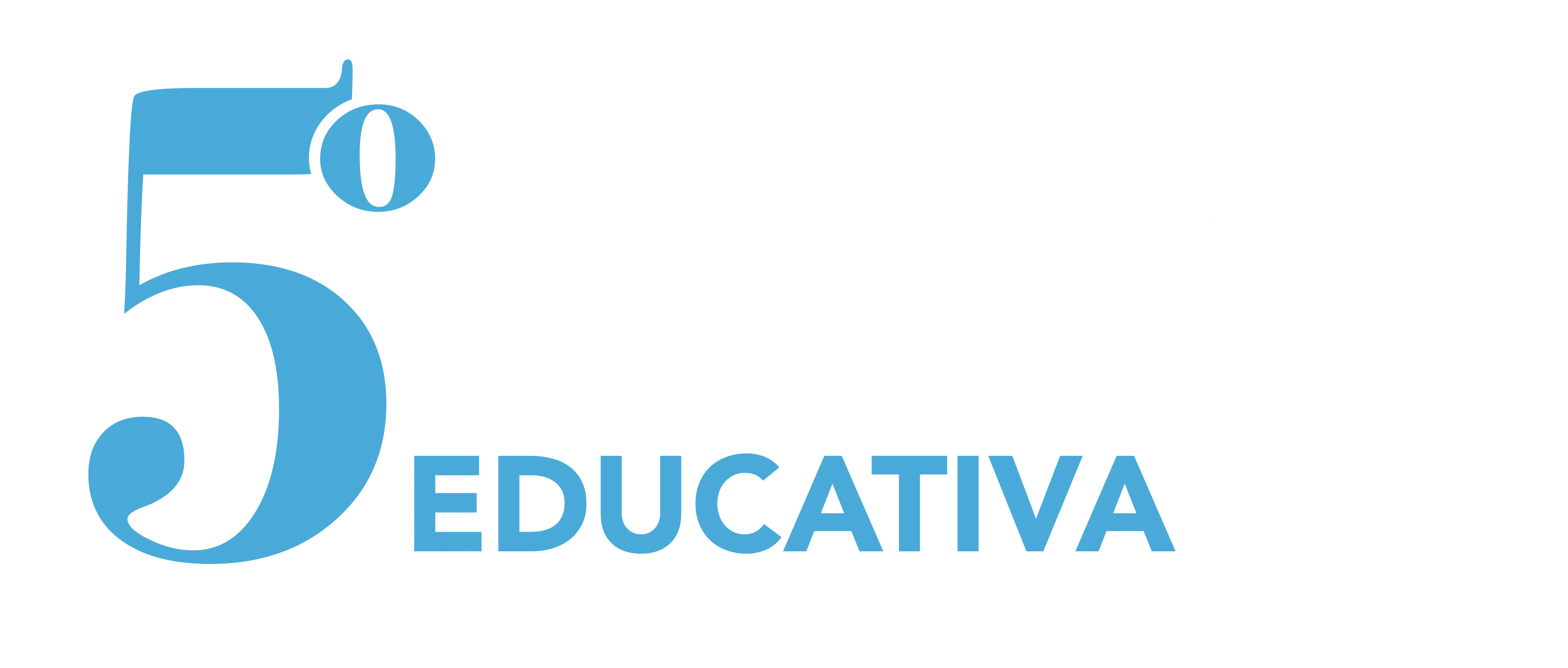Aprendizaje Invertido durante la pandemia: efectividad y aceptación
Descargas
Resumen
El Aprendizaje Invertido (AI) es una metodología activa usada en la educación presencial y, a partir del confinamiento que conllevó a la modalidad virtual, los docentes comenzaron a usarlo también en esos entornos. Objetivos: conocer las tendencias de investigación sobre AI y describir su efectividad y aceptación en estudiantes universitarios. Método: se realizó una revisión sistemática de la literatura en ERIC y BASE. Se siguió el protocolo PRISMA y otras propuestas metodológicas para revisiones sistemáticas en educación. Resultados: se analizaron
17 artículos. La tendencia se orienta hacia la investigación cuantitativa. Latinoamérica no registró publicaciones. La literatura reporta la efectividad del Aprendizaje Invertido en la enseñanza durante la Enseñanza Remota de Emergencia (ERE) y pocos estudios que estudien la aceptación por parte de los estudiantes. Conclusión: el AI es efectivo en el contexto de la ERE. Se sugiere su uso, ya que permite un mejor aprovechamiento de las actividades sincrónicas.
Palabras clave
aprendizaje invertido, educación superior, pandemia
Publicado
Número
Sección
Cómo citar
Licencia
Derechos de autor 2021 Congreso Caribeño de Investigación Educativa

Esta obra está bajo una licencia internacional Creative Commons Atribución-NoComercial-SinDerivadas 4.0.
Citas
Altemueller, L., & Lindquist, C. (2017). Flipped classroom instruction for inclusive learning. NASEN, 44(3), 341-358. https://doi.org/10.1111/1467-8578.12177
Colomo-Magaña, E., Soto-Varela, R., Ruiz-Palmero, J., & Gómez-García, M. (2020). University Students’ Perception of the Usefulness of the Flipped Classroom Methodology. Education Science, 10(275), pp. 20. https://doi.org/10.3390/educsci10100275
Cuevas, N., Monzonís, N., Gabarda, V., Cívico, A., & Colomo, E. (2021). Flipped classroom en tiempos de Covid-19: una perspectiva transversal. International Journal of Educational Research and Innovation, 15, 326-341.
https://doi.org/10.46661/ijeri.5439
Durfee, S., Goldenson, R., Gill, R., Rincón, S., Flower, E., & Avery, L. (2020). Medical Student Education Roadblock Due to Covid-19: Virtual Radiology Core Clerkship to the Rescue. Academic Radiology, 27, 1461-1466. https://doi.org/10.1016/j.acra.2020.07.020
Fogg, K., & Maki, S. (2020). A Remote Flipped Classroom Approach to Teaching Introductory Biomedical Engineering During Covid-19. Biomedical Engineering Education, (Special Issue). https://doi.org/10.1007/s43683-020-00001-4
Fryling, M. (2020). From flipped, to flipping out, to mostly sunny: how the flipped classroom model made the move to emergency remote learning less stormy. Issues in Information Systems, 21(1), 281-289. https://doi.org/10.48009/1_iis_2020_281-289
Izagirre-Olaizola, J., & Morandeira-Arca, J. (2020). Business Management Teaching-Learning Processes in Times of Pandemic: Flipped Classroom at A Distance. Sustainability, 12, 10137. https://doi.org/10.3390/su122310137
Moher, D. (2013). Preferred Reporting Items for Systematic Reviews and Meta-Analyses: The PRISMA Statement. Annals of Internal Medicine. https://doi.org/10.7326/0003-4819-151-4-200908180-00135.
Naw, N. (2020). Designing a flipped classroom for myanmar universities during covid-19 crisis. Arts Science Engineering, Economic and Education, 1.
Salehi, S., Du, J., & Ashman, H. (2018). Use of Web search engines and personalization in information searching for educational purposes. Information Research, 23(2), 788. http://InformationR.net/ir/23-2/paper788.html
Sams, A., & Bergmann, J. (2014). Dale la vuelta a tu clase: lleva tu clase a cada estudiante en cualquier momento y cualquier lugar. Ediciones SM.
Schweiker, S., & Levonis, S. (2020). Insights Gained While Teaching First Semester Chemistry in the Time of Covid-19 at Bond University in Australia. Journal of chemical education, 97(9), 2863-2865. https://dx.doi.org/10.1021/acs.jchemed.0c00621.
Sunasee, R. (2020). Challenges of Teaching Organic Chemistry during Covid-19 Pandemic at a Primarily Undergraduate Institution. Journal of Chemistry Education, 97(9), 3176-3181. https://doi.org/10.1021/acs.jchemed.0c00542
Tang, T., Abuhmaid, A., Olaimat, M., Oudat, D., Aldhaeebi, M., & Bamanger, E. (2020). Efficiency of flipped classroom with online-based teaching under Covid-19. Interactive Learning Environments, [ahead of print] 1-12. https://doi.org/10.1080/10494820.2020.1817761
Vajravelu, B., Kelley, A., Moktar, A., & Orrahood, S. (2020). Flipped Classrooms in Physician Assistant Education. The Journal of Physician Assistant Education, 31(4), 207-211. https://doi.org/10.1097/JPA.0000000000000325
Yunn-Fang, H., Ling-Ling, H., Wo, K., & Yao-Chin, H. (2020). Orientation to Community Pharmacy by online education amid the Covid-19 pandemic: Teaching and learning reflections. Journal of Asian Association of Schools of Pharmacy, 9, 53-59. https://www.aaspjournal.org/uploads/155/8469_pdf.pdf
Zepeda, G., Díaz, J., Salcedo, M., & Tapia, S. (2018). Una aproximación teórica sobre MOOC, Aula Invertida, y B-Learning: Similitudes y diferencias. Revista Educateconciencia, 20(21), 155-173. http://tecnocientifica.com.mx/educateconciencia/index.php/revistaeducate/article/view/106

